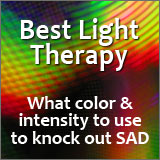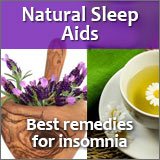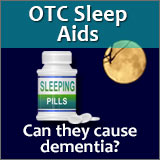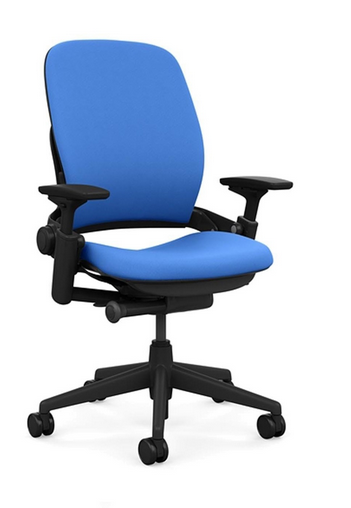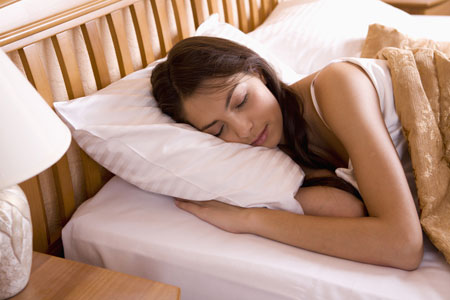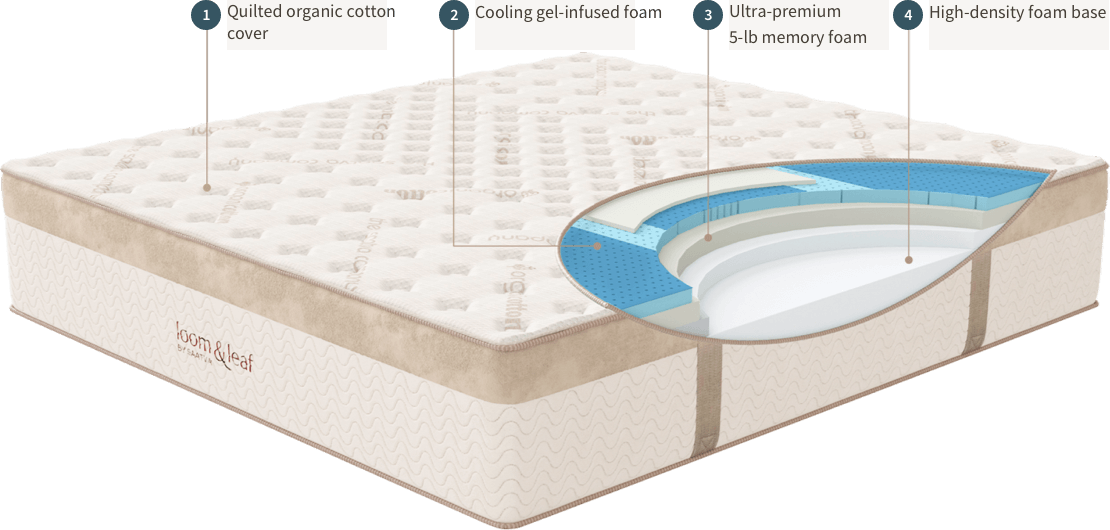What is Sleep Apnea and Why is it So Deadly? Do This Test Below and You'll Know...
Let's test something right now. Then you'll be clear on the question What Is Sleep Apnea?
Ready for the test? Good. Let's take a breath and hold it for 10 seconds. Okay, exhale. Not too bad, was it?
Now let's take another breath and see if we can hold for 30 seconds. Not as easy, was it.
Well imagine not breathing for one full minute...or longer!
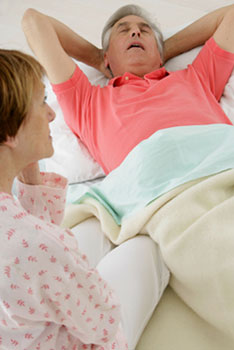
Not just once, but over and over and over again, several times every hour. Not breathing for 10 seconds...20 seconds...30 seconds...up to a full minute and longer.
What's the result? In sleep apnea, oxygen level falls below normal because there's no air—or reduced air—in the lungs. And high blood pressure is common.
So that in a nutshell is the answer to What Is Sleep Apnea. The person doesn't breathe. Or the breathing is shallow. So their brain shouts, "Hey you! Wake up and take a breath!"
That's why one of the symptoms sleep apnea may exhibit in a person is they gasp for air. Almost like they're choking. The person may flail around in bed as they struggle to wake up from a deep sleep and breathe.
Sleep is interrupted throughout the night
Hour after hour. No breathing. Then waking up to snorts, and gasps, and grunts to grab a breath.
Some people with sleep apnea symptoms may stop breathing an astounding 30 times or more per hour. In addition, people may wake up 100 times or more per night.
Can you see why those people who have these sleep disorders are always tired? And because of that...
What is sleep apnea doing to a person's life?
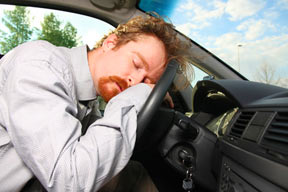
The constant cycle of not breathing and then waking up can completely ruin a person's health...and even career, job, and financial wellbeing.
Because of excessive daytime sleepiness, they have no energy during the day. They can't concentrate.
They're also a hazard on the roads because of a greater risk for car crashes. Truckers fall asleep (a 2001 study on a group of truckers showed that 87% had signs of sleep apnea). People going to work cause accidents when they fall asleep at the wheel.
Even engineers of locomotives on trains have nodded off. (See my article below on this called Sleep Apnea Cause of Massive Train Wreck.)
12 quick facts about what is sleep apnea?
- What's a simple sleep
apnea definition? Breathing stops or gets very shallow. Apnea comes from
the Greek word apnoia which translates to without breath or lack of
breath.
- There are two main
types of sleep apnea: Obstructive sleep apnea (the most common type)
and central sleep apnea (rare). There is a third subtype called mixed
sleep apnea, also known as complex sleep apnea. This is a combination of
obstructive and central.
- For diagnosing
sleep apnea, the person must stop breathing for a minimum of ten seconds
and for at least five times per hour throughout the night.
- It tends to run
in families, but not always. However, if you have a family member who
has this sleep disorder, you are much more likely to develop it.
- More men than women have it.
- Sleep apnea
symptoms are rare in premenopausal women. This is because the hormone
estrogen protects against apnea. After menopause, the prevalence of
sleep apnea in women increases. In fact, it's two to three times more
common.
- What is sleep
apnea doing to a woman's sleep? It's causing insomnia in women. Women
with sleep apnea are far more likely to suffer from insomnia than men.
And sleep apnea is one cause of
sleep maintenance insomnia
in women.
- Sleep apnea
statistics show that up to 25 million Americans may suffer from this
sleep disorder...and most who have it don't even know it.
- Ten percent of people over the age of 65 have sleep apnea.
- Sleep apnea
disorder is more common in people who are overweight. However, thin
people also have sleep apnea, as I pointed out in
my sleep apnea cure article.
- Although loud snoring is one of the major symptoms sleep apnea produces, not everyone who snores has sleep apnea.
- Sleep apnea is one of the top four causes of heart disease. (The other three, by the way, are obesity, cigarette smoking, and diabetes.)
Final notes on what is sleep apnea
First, other names for sleep apnea are sleep-disordered breathing and cheyne-stokes breathing.
Second, when searching the internet for information about what is
sleep apnea, watch your spelling. Thousands of people think it's sleep
apnia or sleepapnea. However, it's sleep apnea (American spelling) or
sleep apnoea (British spelling).
Snoring help you might need
Here are two solutions you might give a try.
For an all-natural EASY solution for your snoring, how about trying an anti snore pillow?
This pillow, called The Snore-No-More, is designed to reduce airway obstruction, and improves your sleeping posture. For back sleepers: the pillow helps elevate the chin off the chest — keeping the airway open so that there is less likelihood of snoring. For side sleepers: the curved foam roll under your neck keeps the jaw forward, which in turn opens up the airway path.
The anti snore pillow positions the head and neck in a sleeping posture that reduces the blockage of breathing passages. As a result, breathing becomes much easier and even silent.
Composed of 100% hypo-allergenic premium pillow memory foam (from a space age cushioning material developed for NASA), the pillow gently molds
and conforms to your every move for correct sleep posture.
To read more about this pillow to stop snoring, click here.
The second snoring relief solution you may want to try is the Good Morning Snore Solution from MPowRx Health and Wellness Products Inc.
This is a unique, clinically proven stop snoring mouthpiece. And it's an effective alternative to those bulky mouthguards you may have seen or tried in the past.
This little device has even be cleared by the U.S. Food and Drug Administration (FDA). Health Canada has cleared the device for treatment of both snoring and sleep apnea.
The Canadian Better Business Bureau rates this company an A. That's also the grade I give their anti snoring mouthpiece.
Don't let snoring ruin another one of your night's sleep. Click the image below right now to see the Good Morning Snore Solution.
Other articles you will find helpful
Return From What Is Sleep Apnea To 23 Dangerous or Unhealthy Sleep Apnea Symptoms
Sleep Apnea Cause of Massive Train Wreck
Can Weight Loss Be A Natural Cure For Sleep Apnea?
Sleep Apnea And Weight Loss: 7 Tips
Return To Sleep Disorders Home Page




